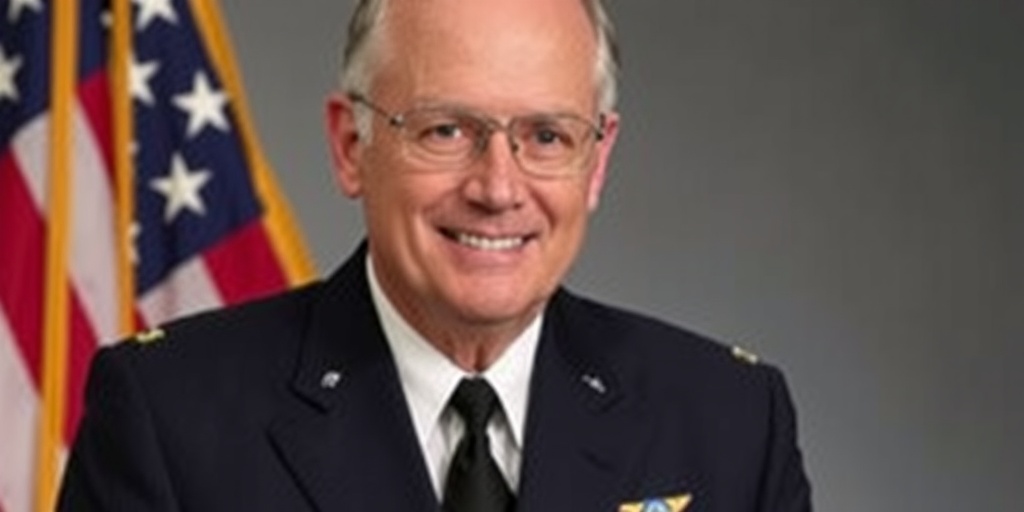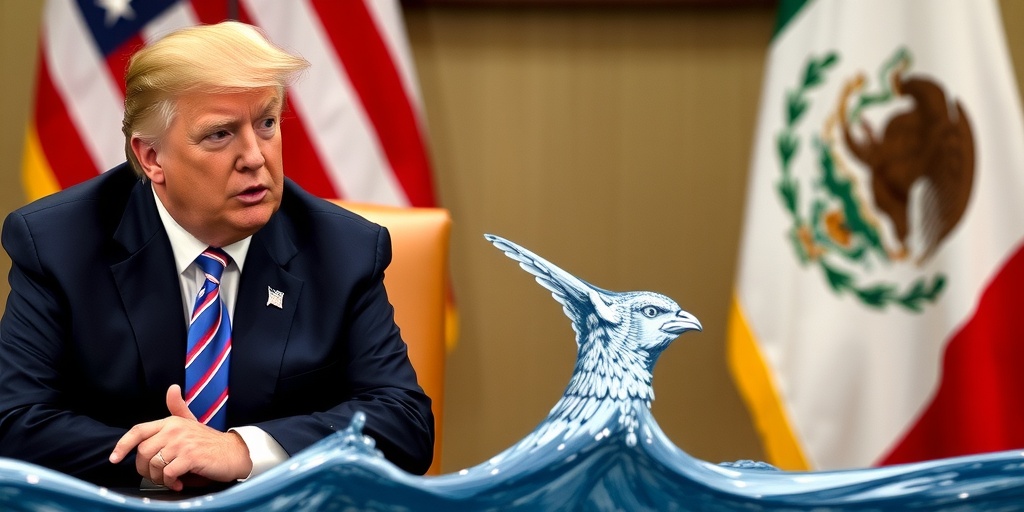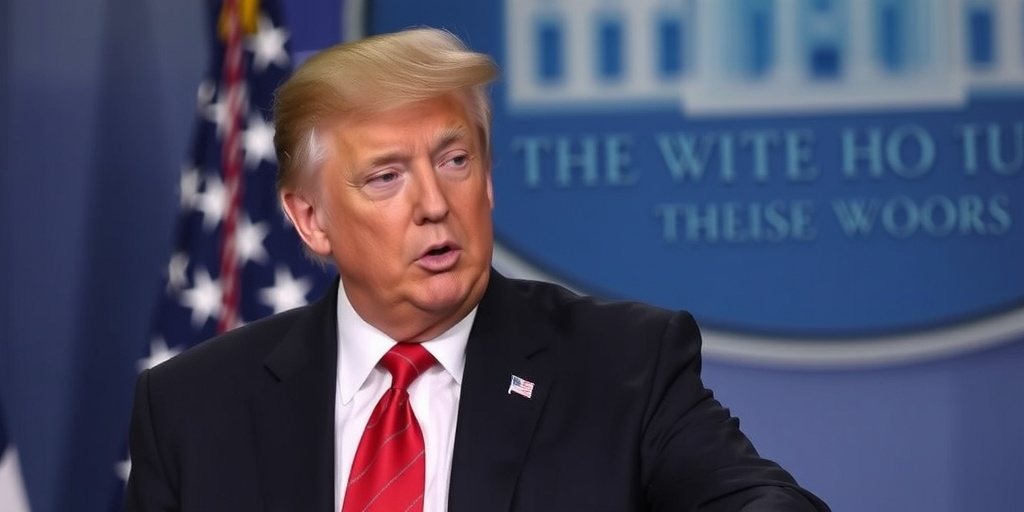Now Reading: Senate Confirms Dan Caine as Joint Chiefs Chairman
-
01
Senate Confirms Dan Caine as Joint Chiefs Chairman
Senate Confirms Dan Caine as Joint Chiefs Chairman

Senate Confirms Lt. Gen. Dan Caine as Chairman of the Joint Chiefs of Staff
In a decisive move early Friday, the Senate confirmed Lt. Gen. Dan Caine to serve as the new chairman of the Joint Chiefs of Staff, marking a significant milestone in his military career. General Caine, a retired National Guardsman and experienced fighter pilot, succeeds Gen. Charles Brown, known as C.Q., who was unexpectedly dismissed by President Trump in February.
The Senate’s approval of General Caine was largely anticipated, garnering a substantial majority despite some ongoing concerns among Democrats regarding the recent wave of firings within the Pentagon during Trump’s second term. However, General Caine managed to elicit limited opposition. Many senators appeared to recognize him as perhaps the most suitable candidate available under the present circumstances, providing a sense of reassurance in an otherwise turbulent political landscape.
As he steps into this vital role, General Caine will serve not only as a military advisor to President Trump but also as a confidant to Defense Secretary Pete Hegseth. His appointment comes at a time when the Joint Staff’s influence on national security decision-making has been notably diminished over the last couple of months. Many in Washington are watching closely to see how effective General Caine will be in re-establishing a more significant military presence in these critical discussions.
The challenges awaiting General Caine are multi-faceted. One of his first tests will be his ability to assert influence in a national security team that has been proactive in implementing a series of strategic decisions. Among these early initiatives is an expansion of bombing campaigns directed at Iranian-backed Houthi militants in Yemen, alongside deliberations on the continuation of U.S. military support to Ukraine amidst ongoing conflict with Russia. The outcome of these initiatives will greatly depend on how General Caine navigates the complex dynamics within the Trump administration.
General Caine’s confirmation did not unfold with the tension and controversy that characterized the confirmation of Defense Secretary Hegseth, who faced considerable scrutiny over his qualifications and ultimately required a deciding vote from Vice President JD Vance to secure his position. In contrast, General Caine’s confirmation was smoother, reflecting a bipartisan consensus on his capabilities, despite the backdrop of unease regarding the administration’s handling of military roles and responsibilities.
During his Senate Armed Services Committee hearing, which took place on April 1, General Caine found himself in a delicate position. Senate Democrats expressed a desire for him to openly commit to opposing some policies advanced by Hegseth that could be perceived as discriminatory against ethnic minorities, women, and other marginalized groups. Yet, they were also conscious of the potential risks of pushing him too hard at the outset, which could jeopardize his ability to foster relationships with key leaders such as Hegseth and Trump before even assuming his new responsibilities.
Senator Jack Reed of Rhode Island, the senior Democrat on the committee, articulated these concerns during the hearing. “I expect you to pledge to always provide your best military advice to the president and the secretary of defense,” Reed stipulated. “Even if that advice is not what they would want to hear.” This sentiment underscores the need for military leaders to balance their professional integrity with the political landscape in which they operate, particularly under an administration known for its often combative approach to governance.
In response to these inquiries, General Caine reassured lawmakers of his commitment to providing candid military assessments to both the president and Secretary Hegseth. He emphasized his dedication to “speaking truth to power,” a phrase that resonates deeply within military circles, especially in regard to the responsibilities of senior leaders during tumultuous times.
Highlighting the urgency of military leadership, Senator Roger Wicker, the Republican chair of the Armed Services Committee, remarked on the critical security challenges facing the United States, particularly regarding the military advancements of the Chinese Communist Party and the growing collaboration among adversaries. “The Chinese Communist Party continues an expansive military buildup, and our adversaries continue to band together against the United States,” Wicker stated in his call for General Caine’s swift confirmation.
As General Caine prepares for his new role, the eyes of both supporters and critics will be upon him as he navigates the complexities of military leadership in a highly polarized political environment. His ability to effectively assert his influence and deliver independent military guidance will be pivotal not only for his tenure but also for the military’s standing within the broader framework of national security policy in the months and years to come.
Stay Informed With the Latest & Most Important News
Previous Post
Next Post
-
 01New technology breakthrough has everyone talking right now
01New technology breakthrough has everyone talking right now -
 02Unbelievable life hack everyone needs to try today
02Unbelievable life hack everyone needs to try today -
 03Fascinating discovery found buried deep beneath the ocean
03Fascinating discovery found buried deep beneath the ocean -
 04Man invents genius device that solves everyday problems
04Man invents genius device that solves everyday problems -
 05Shocking discovery that changes what we know forever
05Shocking discovery that changes what we know forever -
 06Internet goes wild over celebrity’s unexpected fashion choice
06Internet goes wild over celebrity’s unexpected fashion choice -
 07Rare animal sighting stuns scientists and wildlife lovers
07Rare animal sighting stuns scientists and wildlife lovers





















